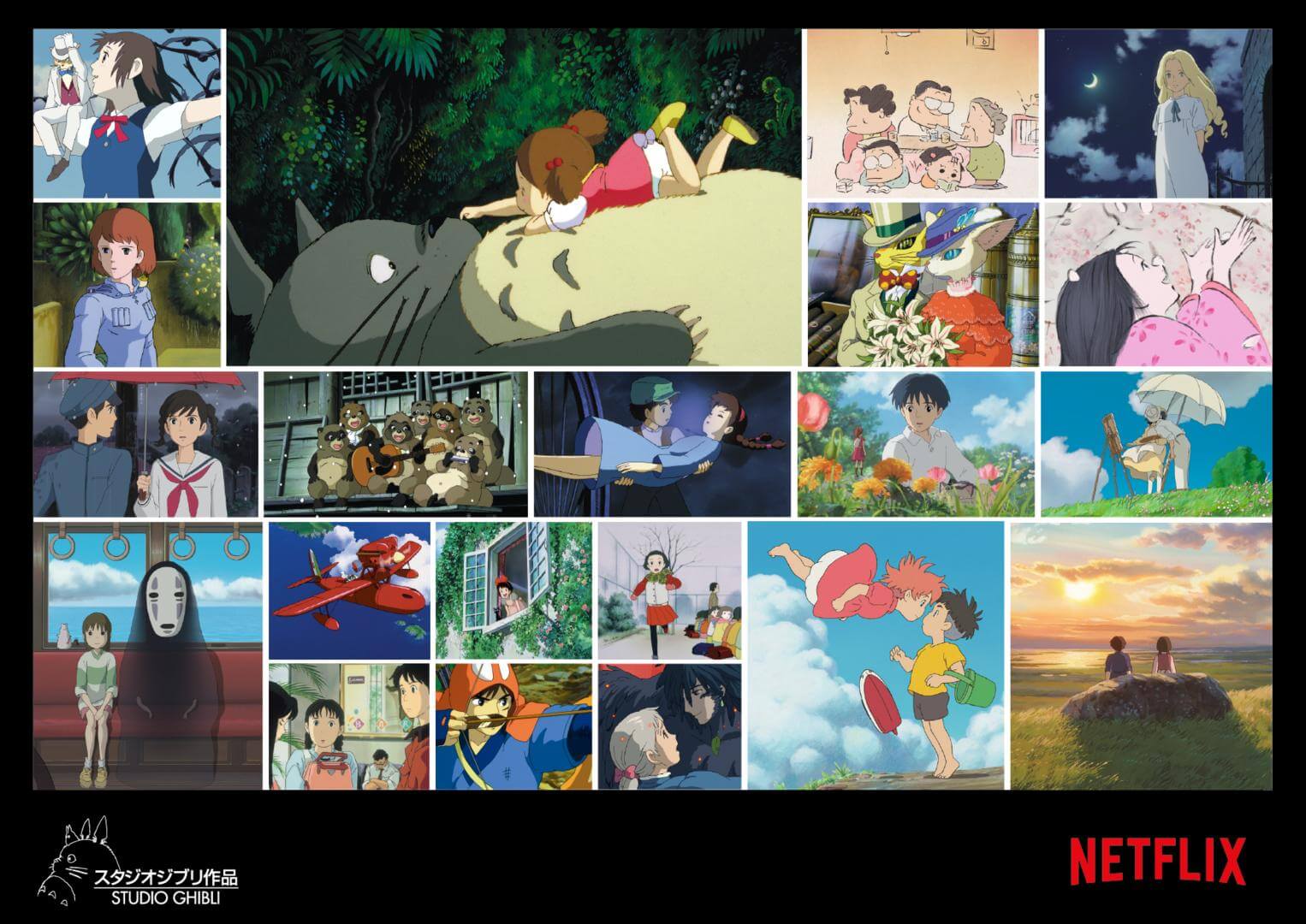It’s been big years for LGBTQ+ films—Barry Jenkins’ Moonlight and Call Me By Your Name almost made it two in a row for queer themed movies at the Academy Awards. Oscar award winning, The Favourites follows the life of three women who shares gay relationship in midst of chaos in the monarchy of England. It’s been exciting to see an increase in quality LGBTQ+ cinema that creates understanding of different facets of gradation in sexuality.
For better or worse, there is a large number of LGBTQ+ individuals in Japanese mass media and movies, but representation of them have been biased for a long period of time. They are still frequently portrayed on mass media as people who put on comedy acts and are easy to make a mockery of, perpetuating negative stereotypes of LGBTQ+ people in Japan. Although we still have a long way to go before queer cinema becomes more prominent in Japan, there are many Japanese LGBTQ+ themed movies that are worth celebrating how far we’ve come. With that in mind, this is a collection of essential LGBTQ+ themed Japanese movies that introduce different sides of living as queer individuals.
Close-Knit (彼らが本気で編むときは、Karera ga honki de amu toki wa), 2017
Close-Knit features a Japanese transgender female, directed by a female director Naoko Ogigami who wrote the script after her visit to the U.S, which brought her to become more aware of LGBTQ+ issues in Japan. The movie follows the 11-year-old Tomo (Rinka Kakihara), who lives her mother, Hiromi (Rie Mimura), but Hiromi decides to leave their home. Tomo, all alone, visits her uncle and his transgender girlfriend, Rinko (Tomo Ikuta). Tomo, puzzled at first by the situation, slowly begins to live life with them, as a family.
House of Himiko (メゾン・ド・ヒミコ, La Maison de Himiko), 2005
The 2005 film follows the life of Saori,(Ko Shibasaki) a young woman struggling to make her way in life. Her gay father, Himiko (Min Tanaka) abandoned Saori and her mother years ago, and his young lover Haruhuiko (Jo Odagiri) shows up to tell her that her father is dying of cancer. Saori travels to the House of Himiko, a nursing home established by her father for gay men.
Kakera—A Piece of Our Lives, (カケラ)
The 2009 live action film, adaptation of the manga, Love Vibes, follows the life of a young college student (Hikari Mitsushima) whose relationship with her boyfriend is going nowhere. One day, she gets hit on by a girl in a café, a bisexual medical artist who makes prosthetic body parts.
Three Stories of Love(恋人たち, Koibitotachi), 2015
This 2016 Japanese film is edited, written and directed by Ryosuke Hashiguchi, who is known for projects concerning LGBTQ+ community issues. Deborah Young of The Hollywood Reporter said that “sensitive filmmaking communicates the quiet desperation of real-life love.”
ジェリー・フィッシュ
The film directed by Shusuke Kaneko, is based on novel “Jellyfish” by Sarie Hinakura with the tagline “by woman for woman”. The film is about Yuki Miyashita (Mio Otani) who is a lonely high school student, who tries to talk to classmate Kyoko Shinohara (Rumi Hanai) at an aquarium, and their relationship begins.
Kalanchoe, (カランコエの花,Kalanchoe No Hana), 2017
Winner of 13 awards at the Japanese domestic film festivals, LGBTQ+ themed movie is about a class in high school, where they have a lesson about LGBTQ+.
As there is no such lesson in other classes, the students grow suspicious that there is a queer student in the class.
LOVE MY LIFE, 2006
The film follows the lives of Ichiko (Rei Yoshii) and Eri (Asami Imajuku), two Japanese University students who are in a lesbian relationship. Ichiko comes out to her father, who tells her he is also gay and her mother was a lesbian.
Hush! (ハッシュ!), 2001
The 2001 film is about Katsuhiro (Seiichi Tanabe), an engineer who has come to terms with the fact that he is gay, and Naoya (Kazuya Takahashi), who works in a pet shop. The two form a relationship and meet a young woman with a checkered romantic past who seeks to have a child with one of them.
Merry Christmas, Mr. Lawrence, (戦場のメリークリスマス, Senjo no Kurisumasu), 1983
The 1983 Japanese-British war film directed by Nagisa Oshima, stars David Boeie, Ryuichi Sakamoto, Takeshi Kitano and Tom Conti. It revolves around four men in a Japanese-prisoner-of-war camp during the Second World War, and the story concentrates on two pairs of officers.
A Touch of Fever (二十才の微熱, The Slight Fever of a Twenty Year Old), 1993
Tatsuru (Yoshihiko Hakamada) and Shinichiro (Masashi Endo) are both young male hustlers in Japan. Tatsuru who disconnects himself from his emotions at work, and Shinichiro who grows uncomfortable with the work once he has fallen in love with Tatsuru, form a relationship.








































